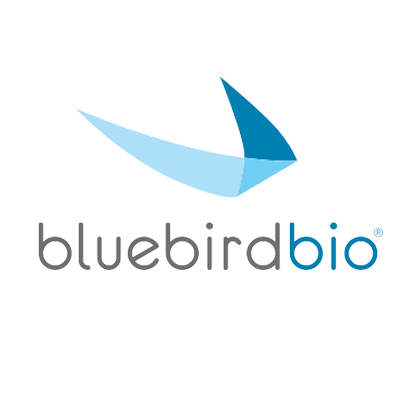Bluebird Bio Reports No Evidence that LentiGlobin for Sickle Cell Causes AML
The company suspended clinical trials of the gene therapy last month following patient diagnoses of acute myeloid leukemia and acute myelodysplastic syndrome.

Last month, Bluebird Bio halted their Phase 1/2 and Phase 3 studies of LentiGlobin gene therapy for sickle cell disease after a patient was diagnosed with acute myeloid leukemia (AML).
However, the company announced last week there was no evidence that their investigative gene therapy was the cause of the patient’s leukemia.
Furthermore, the investigators noted that the patient presented with genetic abnormalities associated with leukemia—a potential explanation for the diagnosis.
Another patient who was diagnosed with acute myelodysplastic syndrome is still under investigation.
“He may have been prematurely diagnosed,” Philip Gregory, DPhil, chief scientific officer, Bluebird Bio, said in a statement to the New York Times.
At the moment, there have been no observed cancer cells in the bone marrow. If, however, cancer cells are discovered, the company will proceed with the same molecular analysis as they did for the diagnosed patient with AML.
The company has asked permission from the US Food and Drug Administration (FDA) to resume clinical trials.
About the Phase 1/2 HGB-206 Study
The ongoing open-label study aims to evaluate the efficacy and safety of LentiGlobin gene therapy for sickle cell disease. The trial includes 3 treatment cohorts — Groups A, B, and C.
In early February, investigators presented data from Group C at the 2021 Transplantation & Cellular Therapy Meetings Digital Experience.
Patients (n = 40), aged ≥12-≤50 years of age, initiated cell collection and underwent a median of 2 mobilization cycles. As such, 25 were treated with LentiGlobin.
The investigators reported near pancellular βA-T87Q expression, reduced HbS and hemolysis, and increased total hemoglobin in nearly all patients
In 14 patients with ≥6 months of follow-up and history of vaso-occlusive crisis or ACS, there was a significant reduction of such incidences. However, the team reported 1 non-serious Grade 2 vaso-occlusive crisis, which occurred about 3.5 months after treatment.
Stomatitis was reported in 15 patients and febrile neutropenia in 11 patients—both of which were considered the most common non-hematologic ≥ Grade 3 adverse events following treatment.
The serious adverse events that occurred in ≥2 patients post-treatment were nausea, opioid withdrawal syndrome, and vomiting (n = 2 in all).
No events of graft failure, vector-mediated replication-competent lentivirus, or clonal dominance had been observed.
Data presented at the American Society of Hematology (ASH) 2020 Conference also indicated that most patients in Group C experienced improvements in health-related quality of life measures, such as the PRO Measurement Information System (PROMIS)-57.